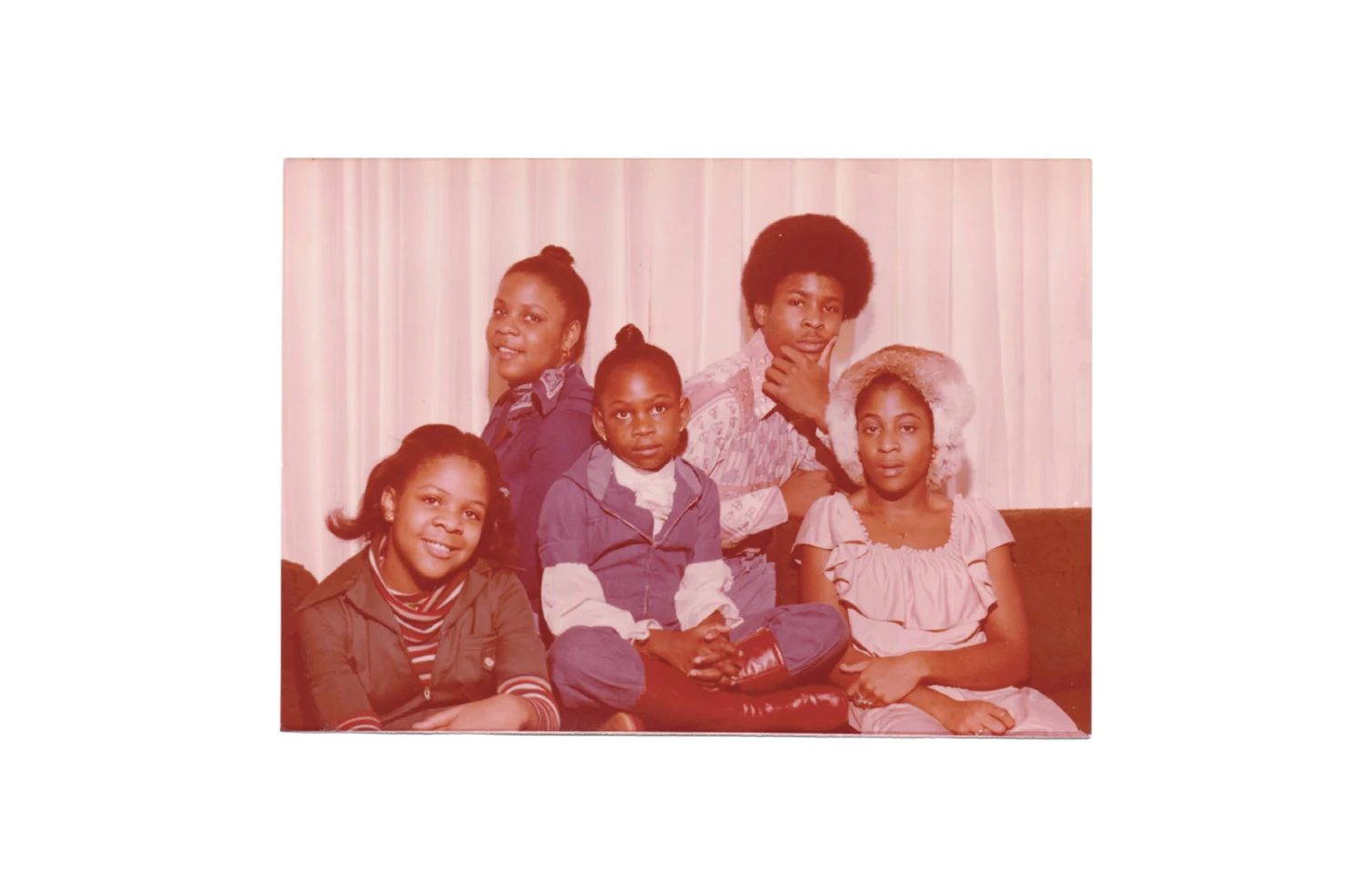the women
Some women were there, looking on from a distance. Among them were Mary Magdalene, Mary the mother of the younger James and of Joseph, and Salome. They had followed Jesus while he was in Galilee and had helped him. Many other women who had come to Jerusalem with him were there also.
Mark 15, 40-41
There's a part in The Story where Jesus sends His apprentices out in sets of two to practice love and miracles. His parting words to them are "be shrewd as snakes and innocent as doves." This is how Jesus must have sent out every woman I ever knew growing up—shrewd and innocent. My mother was the Queen of them all.
For my mother, Nada, the leap from lovely to lethal was often only as wide as a chalk thin line scratched into the sidewalk. To me, that line was as obvious and as bright as flashing neon. To me, you'd have to be blind not to see it. To me, if the line had been a viper, to ignore it would be suicide. But men were constantly tripping over its tail and falling victim to the sting of its fangs sinking into their bones. I pitied each and every one. I even tried to warn a few. They never listened.
My mother had five husbands. Her first couldn't even legally vote when she was with his child and betrothed to marry him. Her second was only a couple of years older than her oldest teenaged daughter - she was literally old enough to be his mother. But he was the most handsome. The next was old enough to be her daddy, but it ended up that he preferred men, to which my brother to this day still says, “I told her so.” Her last was married to her good friend. Nada stole him while helping him care for his wife who was convalescing from radiation treatments. She was forgiven and he was her Great Love, so much so that she married him twice—the first time only before the eyes of God, and then again in a court of law.
Nada also had two boy-meets-girl, meet-cute, Fred and Ginger romances. One was my favorite of all time: Monroe. He was a dapper, homeless, well-spoken, witty hobo that we all tried to refurbish like the tossed-out furniture my mother was so fond of collecting and repurposing with new upholstery and a fresh glossy coat of paint. There wasn’t enough paint or chintz in the world to make him over. But he was funny. Though, he sadly ended up back on the curb again.
The other was named Thurman, who Nada met during her stay at the psychiatric hospital where she made a lamp and a basket—and apparently some love. “Don’t he look just like Sidney Poitier,” she said dreamily when she first introduced us. “He sound just like him too,” she added. The last I heard, my sister Debbie saw ole Sidney preaching to himself on the corner of Miles and 153rd Street, which made me so sad for his parents who I remembered meeting and who were lovely and lived in a lovely white house with black trim and a garden trimmed with lavender hydrangeas where I could actually imagine Sidney Poitier spending his childhood playing.
So many men or too many men? I can’t really decide. But, I think Nada loved them all in her particular way, bringing them home to her feathered nest and covering them with fanged kisses.
I grew up knowing that love was nothing like anything I ever saw in the movies. Handsome billionaires didn't make respectable housewives out of hookers. At least none of the hookers I knew. No one ever pined for anyone for more than a summer. None of the adults of my childhood could stomach unrequited love. It was often taken care of by the wisdom of, “Girl, that Negro don’t want you!”
But I thought that the movies had the relationships among women absolutely on point. Growing up, I knew plenty of women who would rather attempt to jump a canyon than surrender to the authority of men. And, I’d witnessed plenty of women round up the girls to go “stomp a foot up the butt of that lying, cheating, so-and-so.” These were the same women who I wouldn’t put it past to leave a kid's beloved pet rabbit boiling over on the stove if she felt it was the only way to make her point.
I've visited women in prison who killed abusive husbands or held the dope for her man. I’ve sat with women in hospices, on playgrounds, in coffeehouses and at church altars. I've helped women clean up their kid's projectile vomit, pick out the perfect dress, walk down the aisle to the right guy, pack up that lying, two faced so-and-so and his raggedy clothes, revise and bedazzle resumes, master recipes, pick the right wine, the perfect stiletto, the best cupcake, the right song to set the mood. I’ve puzzled with women over how to jump the stupid car battery, lose ten pounds and fifteen pounds six months later. I've lived, breathed and shed skins in tangles of women.
William Barclay wrote this about the women who gathered at the feet of the cross of Jesus's crucifixion:
"There were the women in the distance. They were bewildered, heart-broken, drenched in sorrow--but they were there. They loved so much that they could not leave him. Love clings to Christ even when the intellect cannot understand. It is only love which can give us a hold on Christ that even the most bewildering experiences can not break."
And, how did Mr. Barclay know? I have stood at a distance with those Marys and Salomes, helpless to help the ones we followed, the ones we clung to and loved. Even when we were most bewildered, most heartbroken and drowned in sorrow, we remained each other's constant companions. Our love doesn't easily leave. It clings even if it's ill-fitting. Though it often cannot be explained, it is real-deal, true love that not even cancer, jail, divorce, depression, death, or old age can break.
Mary, Mary, Salome and a congregation of women waited at a distance to receive the Beloved’s death as His benediction to send them on without Him.
Growing up, my favorite part of church was the benediction the pastor gave at the end of service. For those who didn’t grow up old-school Southern Baptist or for those not all that religious, a benediction is blessing given as people part ways. We give them all the time: “Good luck!” or, “Take care.” A classic benediction that most every mother has given to a child would be “Be careful and be don’t be late for dinner.”
Benedictions are blessings generally given as a blessing of farewell. But, I love them, so I like to give them as send-offs as well.
Click here for some benedictions that I’ve written or collected and reclaimed as my own from over the years. May they bless you over the years to come (see what I just did there?)
Here’s to the wild, viperous doves that I’ve loved my whole life long. In the words of the Greatest of All, “May you be as shrewd as snakes and as gentle as doves.”










